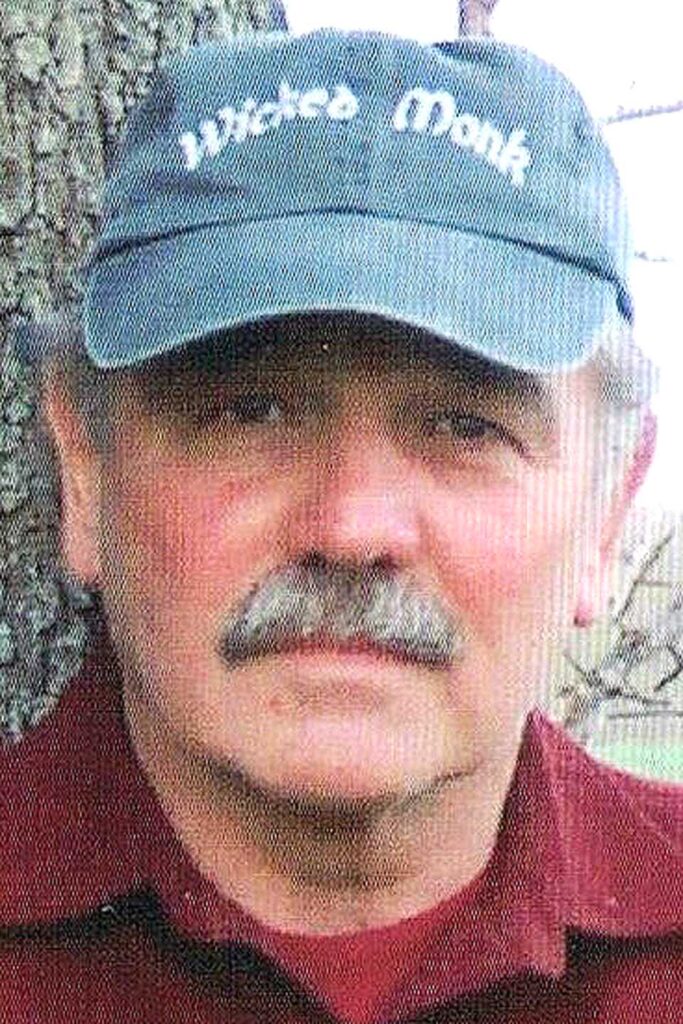Life Sketches
‘Impetuous 30s’ led to
Richfield Springs farm

In what my dad later referred to as his “impetuous 30s,” we left Brooklyn one summer and headed for Richfield Springs to stay with my father’s older brother William and his wife Ruta.
One afternoon, Dad returned to Uncle William’s house, his car steaming after a long trip.
“I’m buying a farm,” he announced as we all sat at a big round oak dinner table.
“A farm?” Uncle William said. He looked shocked. “You don’t know the first thing about running a farm!”
“I’ll learn,” Dad said.
I remember going to see the place and sitting on the running board of the Buick having strawberries and cream as Dad talked with Miss Bowmaker, the owner. She had picked the berries herself. They were sweet and cool and I rubbed their rough skins on the roof of my mouth. I could tell they liked each other, Dad and Miss Bowmaker, the way their eyes would catch. She was a schoolteacher and was selling the farm because her father had died. She spoke softly and had long light brown hair with streaks of gray in it. She wore thick plastic glasses that matched her fair skin, and when she’d close her mouth after talking, it was as though one soft lip was caressing the other.
Later, Dad played some songs for her on the upright she had in the parlor. The room felt warm and cozy with two stained glass lamps burning.
I stood next to the keyboard holding on to the side wood. The backs of Dad’s hands were veiny with high knuckles and his fingers were long and rectangular. I didn’t know all the names and all the words then, but the music pulled at my insides and made me want to pound on the keys alongside him.
I didn’t though — ‘cause Miss Bowmaker was there. He started with “Doll Dance.” I always liked the intro to that one, the way the rhythm builds.
Then he played “Kitten on the Keys” and “The Kiss Waltz” and “My Blue Heaven” and several more, and he played “Pick You Up in a Taxi Honey,” his foot hitting the pedal at a steady beat, the heel of his shoe pounding at the floor, his sure hands dancing across the keyboard almost faster than I could see. He ended the tune sweating.
Miss Bowmaker was sunk into a stuffed high-backed chair with her legs crossed and a faint smile on her face. During the next song an ash from the Lucky on Dad’s lip fell between the notes. She got up to brush it away and their hands mingled for a few beats. He finished the session with “The Rosary.” I knew that was one of his favorites because he’d sing it at home sometimes:
“The hours I spent with thee, dear heart…Are as a string of pearls to me…”
It was wonderful to be with my father every day while waiting to move onto the farm. At home, six days a week, he was out driving his taxi, and on Sundays he would go to the hospital to visit my mother who had been there for a very long time. Now, Dad took me swimming and rowing on Goodyear Lake. One afternoon we walked to the edge of a pasture and sat in cool cow-trimmed grass that was shaded by a willow. We wrestled. His one good eye was smiling. I tried to hold his arm down but his hard-boiled egg of a muscle triumphed. In the morning, he didn’t cough as much as he did in the city.
A rushing brook ran along the southern border of the place. There was a wide, rich green lawn and wild flowers grew all around the house with a hand pump well out back. The trees were very tall, almost frightening, and formed an archway that led to a faded green barn and several chicken coops. The next thing I knew, Dad moved us into a boarding house not far from Miss Bowmaker’s.
“We’ll stay here until we move to our farm,” he told me.
Dad took me to see this little black pony he wanted to buy. He didn’t tell me he wanted to buy it but somehow I knew. The guy who owned him wasn’t around. We walked out into the paddock and Dad took the pony by his mane with one hand and boosted me onto the little horse’s back with the other. All at once the pony took off with me aboard and Dad yelling, “Whoa,” while being dragged along. It was funny to watch Dad putting on his brakes in the sand. When the pony finally stopped my father’s quiet thin face was pale and he was breathing hard. He seemed troubled.
Not long after that we went back to Brooklyn. Dad kept the farm for several years. When he’d talk of selling it I’d beg him not to. Maybe he had fooled himself into thinking Miss Bowmaker would remain.
Maybe to him, the farm wasn’t the same without her. Maybe he just felt he wasn’t cut out for the country.
Then, one day it was gone, sold, and I never saw it or the pony again.
“If you were older and could’ve helped me run it, I would’ve kept the farm,” my father once told me. He wasn’t handy with tools or equipment. I picture him more comfortable behind the wheel of his taxi or seated at the piano on a hot summer night with the windows open wide, the curtains floating on a gentle breeze, a Lucky Strike stuck to his lower lip: “I’ll be down to get you in a taxi honey!”
I now live on a farm my father would
have loved. But, never forgotten, the other day I visited Dad’s old farm where I feel closest to him—in the company of my son.

